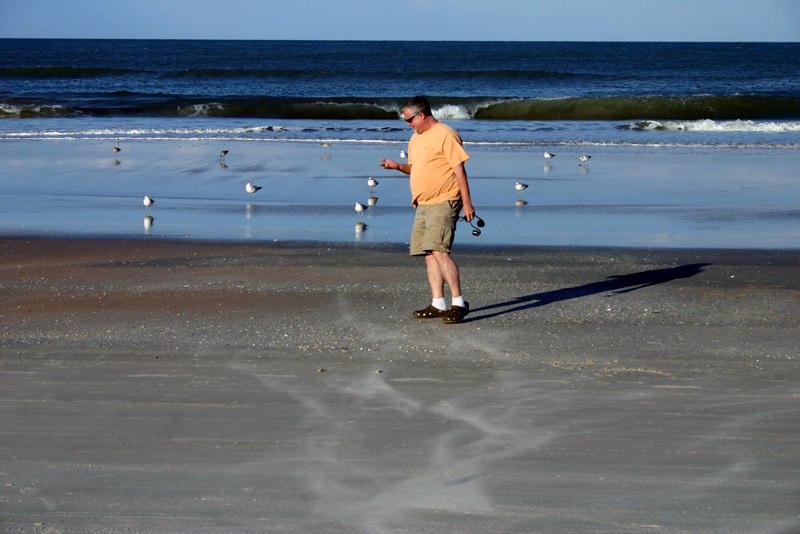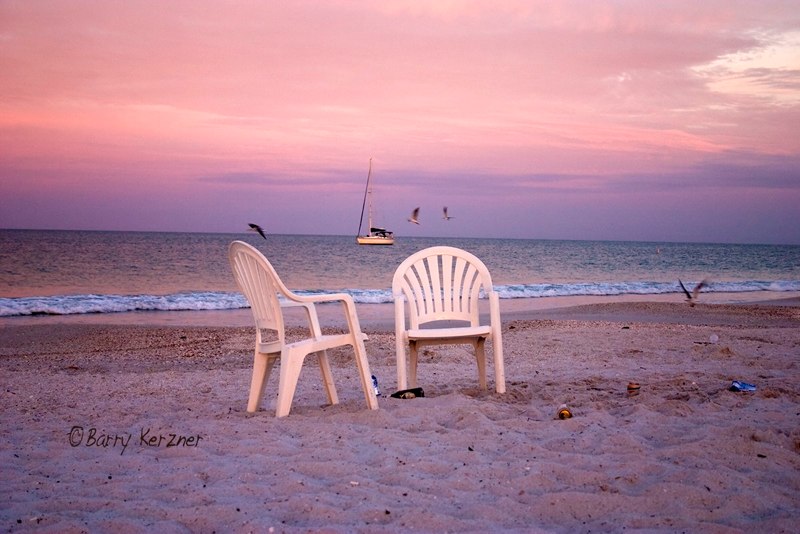On Friday morning, February 15th, 2013, a meteor exploded over a fairly remote Russian town. There was an abundance of video of the event due to the fact that most Russian drivers have a dash-cam mounted in their vehicle. Why is that, you may ask? The reason is surprisingly simple: In court, dash-cam footage is the most reliable way to prove what actually occurred in any given incident. Also, dash-cam footage is the only way to substantiate your claim(s) in a court of law. Another interesting aspect is that dash-cams protect people from bribery, bullying/beatings by traffic police, believed by many Russians to be among the most corrupt institutions in their country.
So, what if that were the case in this country? Better still, what if everything you did all day long was recorded and you were forced to watch that at the end of each day? Would we like what we saw? Would we try to do better because we know someone is watching? Would we change what we do, and how we do it? Would we change whom we do things with, and what we do with them? … All because someone is watching?
Well, guess what? Recovery is a 24/7 proposition. There is someone watching, and that someone should be you! When we enter recovery, we are told that we need to change our playmates and playgrounds. We have to shed bad habits and bad behaviors that are entrenched in our makeup, for whatever reason. We are told that we need to work on our recovery every day, and eventually we may get to a “good place.” Even then, we will still have to work at our recovery to maintain it. Recovery is really a relationship that we have with ourselves, and as with any relationship, if we want this one to reach its full potential, there is always work to be done. Just like any other relationship, if we take recovery for granted, it will begin to fray around the edges. As time goes on, piece by piece, our recovery will unravel.
Now it isn’t that there is someone on our back cracking a whip. The situation is more like a parent watching their child, guiding them, encouraging them, even admonishing them when needed. Just as a child needs nourishment, so too does the person in recovery. Our nourishment is more of our soul and spirit, which more often than not, was beaten into submission, maybe even destroyed. As our recovery progresses, we gain strength of spirit, mind, body, and begin to deal with the world as it is in a much more realistic, constructive way.
Unlike a lover or partner we have tired of, we can not just get a divorce. In our case, divorce is equivalent to insanity, jail, or death. That seems to be a powerful incentive (you would think). Sadly, sometimes addiction wins and we die. We should work on our recovery because for us it is the same as drinking water, eating, bathing, and sleeping. It isn’t a burden; it’s a joy because it assures us of a better life than we had. We should do it gladly, not because anybody is or isn’t watching.




